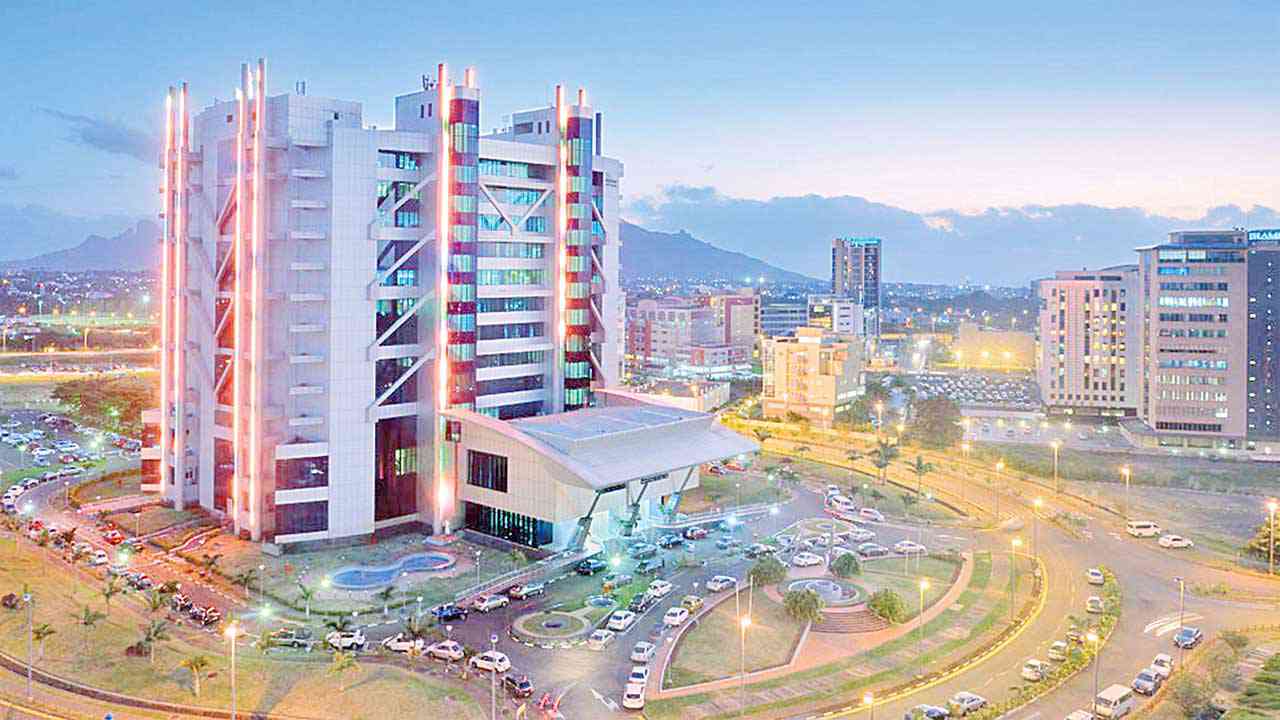
The United Nations e-Government Survey 2016 ranks Mauritius first in Africa in terms of e-development. The country is closely followed by Tunisia and ranks 58th worldwide, with an e-Government Development Index of 0.6231. In 2014 Mauritius was ranked 76th and Tunisia 75th.
Issued at the moment when countries are launching the implementation of the 2030 Agenda for Sustainable Development, the survey offers a snapshot of trends in the development of e-government in countries across the globe. It provides new evidence that more governments are embracing information and communication technologies to deliver services and to engage people in decision-making processes in all regions of the world. The survey shows that digital technologies – the Internet, mobile phones, and all the other tools to collect, store, analyze, and share information digitally – are being increasingly utilised.
E-government has the potential to help support the implementation of the 2030 Agenda and its 17 sustainable development goals. In fact, the Online Service Index (OSI) values for the majority of UN Member States have increased, which suggests that innovative approaches are being applied in the public sector and specifically in public service delivery.
According to the survey a sharp rise has been noted in the number of countries that are using e-government to provide public services online through one stop-platform – an approach that makes it easier to access public services. More countries are making an effort through e-government to ensure that public institutions are more inclusive, effective, accountable and transparent.
The UN e-Government Survey 2016 underscores that one of the most important new trends is the advancement of people-driven services that reflect people’s needs and are driven by them. At the same time, disparities remain within and among countries. Lack of access to technology, poverty and inequality prevent people from fully taking advantage of the potential of ICTs and e-government for sustainable development.
As reported the survey shows that since 2014 the number of countries with very high OSI has increased from 22 to 32 whereas the number of countries with low OSI dropped from 71 to 53. The UN 2030 Agenda itself recognised that “the spread of information and communications technology and global interconnectedness have great potential to accelerate human progress, to bridge the digital divide and to develop knowledge societies, as does scientific and technological innovation across areas as diverse as medicine and energy.”
 J'aime
J'aime














